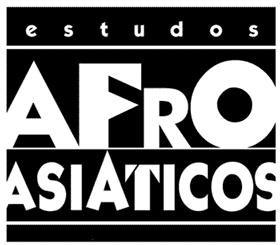Being one of the most powerful of the Modern Era, the Portuguese colonial empire has established colonies and possessions in several continents. Controlling large regions, it has administrated commercial connections, products’ trades and people between these places. As a consequence, it had to deal with different population groups. During this process, a huge knowledge was achieved when trying to define government patterns for these populations, which were somehow added to the empire. Among these groups there were "exiled people", "heathens", "Indians" etc.; certainly one of the most important groups (demographic and symbolically) were the "slaves". This article observes how many of these groups were formed as groups in different social-geographic contexts (especially Rio de Janeiro and Goa) because of the territorial administration and social experiences performed by these populations’ "government" during the exercise of power according to the empyreal policy. This way, the author is starting from this démarche to introduce the perspective of how the (modern) idea of slave, day-by-day built by the Portuguese colonial empire, darkened different ways of living in captivity - different ways of compulsory labor, which could be found in some colonies.
Portuguese colonial empire; slavery; globalization; exclusion production
